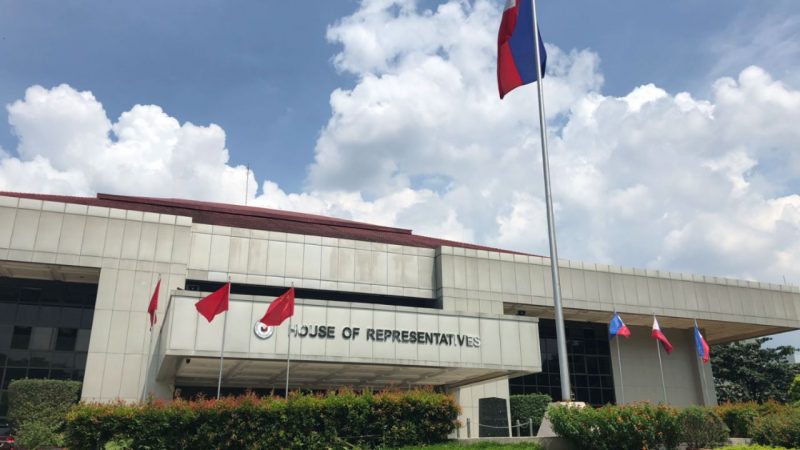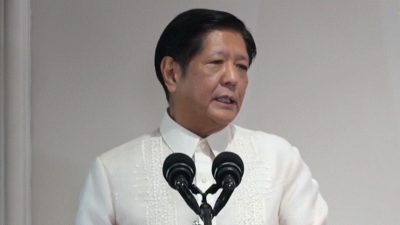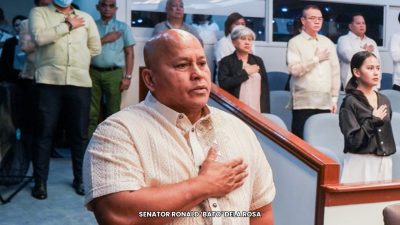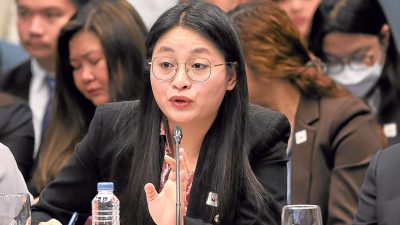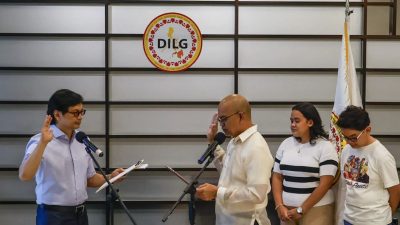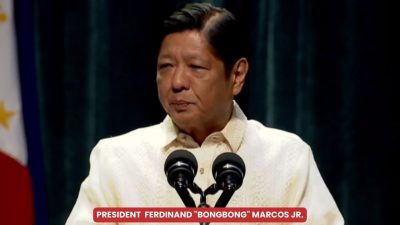MANILA — The ongoing deliberations within the House Committee on Civil Service and Professional Regulation have reignited discussions surrounding the representation of licensed professional teachers (LPTs) within the licensure board.
The central issue revolves around the absence of an integrated professional organization to advocate for the profession’s interests, a recurrent hurdle that often impedes legislative progress due to organizational fragmentation and pride-driven politics.
In response to this longstanding challenge, discussions during the hearings on House Bill 8559, which seeks to amend the Philippine Teachers Professionalization Act of 1994, have introduced two potential models for consideration: the Integrated Bar of the Philippines (IBP) and the associations within the University of the Philippines (UP) system encompassing faculty, student councils, and non-teaching staff.
Drawing inspiration from the success of the IBP, established by Republic Act 6397 in September 1971, proponents advocate for a similar integrated model for the teaching profession and other fields. RA 6397 empowered the Supreme Court to establish the IBP, resulting in a singular and influential entity that unifies various legal organizations under its umbrella.
Under the proposed framework outlined in HB 8559, the House committee aims to compel all associations and organizations representing professional teachers to form an Integrated Professional Teachers Organization.
Within this structure, presidents of member groups would nominate candidates to represent them on the professional board of teachers, streamlining the selection process and enhancing representation.
This approach diverges from the current practice, wherein the Professional Regulation Commission selects representatives from among numerous accredited organizations and associations. By adopting the IBP model, proponents anticipate greater cohesion and efficacy in advocating for the interests of professional teachers.
Addressing concerns about attracting top talent to the teaching profession, proponents advocate for non-fiscal incentives and increased Tertiary Education Subsidy allocations for students enrolled in teacher education colleges.
This strategy aims to elevate the prestige and desirability of teaching as a career path, thereby enhancing the quality of individuals entering the profession.
While acknowledging the importance of rigorous licensure standards, proponents emphasize the need to bolster the quality of aspiring teachers entering the system, underscoring the role of incentives and support mechanisms in achieving this objective.
In collaboration with the Commission on Higher Education (CHED) and the Department of Budget and Management (DBM), proponents seek to leverage existing powers and funding mechanisms to implement these initiatives effectively, ensuring alignment with broader efforts to enhance the quality of education in the Philippines.
As discussions continue within the House committee, stakeholders remain optimistic about the potential of the IBP-inspired model to foster greater unity, representation, and excellence within the teaching profession and beyond.
The pursuit of integrated and effective governance structures reflects a commitment to advancing the interests of professionals and promoting the highest standards of service and professionalism.
(el Amigo/MNM)

